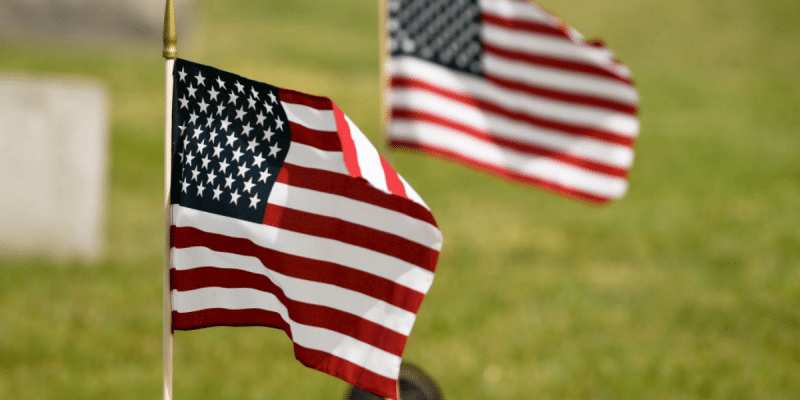Every year on the last Monday of May, America honors the men and women who died while serving in the U.S. military on Memorial Day. This day, which originated in the years following the Civil War, was originally known as Decoration Day.
The Holiday’s Origin
Decoration Day was first observed on May 30, 1868. General John A. Logan, who was part of a group of former Union soldiers and sailors called the Grand Army of the Republic, chose this day to honor the soldiers who died in the Civil War. On this first Decoration Day, people decorated the graves of more than 20,000 Union and Confederate soldiers at Arlington National Cemetery. Former Union General and Ohio Congressman James Garfield gave a speech in the remembrance of the fallen, and 5,000 people helped to decorate the graves with flowers, wreaths, and flags.
The exact origin of Memorial Day is unclear, as many communities may have independently started their own memorial gatherings throughout history. However, records indicate that one of the earliest Memorial Day commemorations was organized by a group of formerly enslaved people in Charleston, South Carolina, less than a month after the Confederacy surrendered in 1865, according to History.com.
When Did Memorial Day Become a Federal Holiday?
The idea of Decoration Day quickly spread. In 1873, New York became the first state to designate Memorial Day as a legal holiday, per PBS. By the late 1800s, many cities and communities across the country honored the day, and several states had declared it a legal holiday.
Following World War I, Memorial Day evolved to honor all Americans who died in any war, not just the Civil War, eventually becoming more widely established as a national holiday. In 1968, Congress passed the Uniform Monday Holiday Act, which moved Memorial Day from its traditional date of May 30 to the last Monday in May, creating a three-day weekend for federal employees. This change took effect in 1971, the same year Memorial Day was officially declared a federal holiday.
Today, people pay tribute on Memorial Day by visiting cemeteries and memorials, having family gatherings, and taking part in parades in honor of those who have fallen. It is a day to remember and honor those who have made the ultimate sacrifice for their country, keeping alive the tradition of respect and remembrance that began so many years ago.

